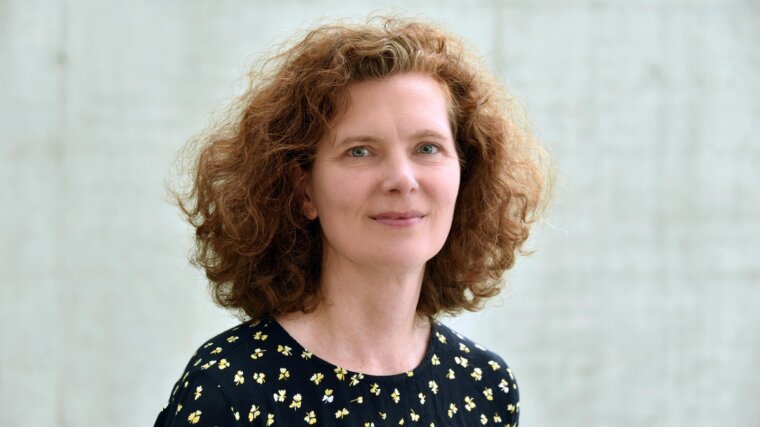
Over the last year, the topic of artificial intelligence has garnered serious attention. Generative AI tools, most notably ChatGPT, are now freely available online, with new tools released on an almost daily basis. On the other hand, there is growing concern about these increasingly powerful technologies. In 2023, prominent voices, including well-known AI experts, issued stern warnings about the risks involved and called for a moratorium—a pause in the training of AI systems.
This is fuelled by a fear held by many people that self-learning, »intelligent« algorithms will become more than just useful tools. Instead, the undeniable superiority of AI models in many areas could eventually lead to us losing our ability to control them. Some have even put forward horror scenarios in which AI ushers in the end of humanity.
In this issue of LICHTGEDANKEN, we aim to outline what AI is and is not (yet) capable of doing. In our feature »Of machines and men«, AI experts Joachim Denzler and Clemens Beckstein provide an overview of the different forms of AI and explain how they work. They also discuss the limits of AI and demonstrate that artificial and human intelligence are not antithetical powers, competing for dominance: while the abilities of AI may challenge us, they also highlight where our own strengths lie. So, by combining self-learning systems with responsible application, we might even be able to produce an entirely new quality of »intelligence«.
AI tools and technologies are already applied in a variety of ways at the University of Jena. The feature in this issue of LICHTGEDANKEN presents a selection of AI-assisted projects, from climate research and historical science to chemistry and surgery. Further interviews and articles detail the perspectives of a communication scientist, a philosopher and a research team exploring legal issues.
This issue of LICHTGEDANKEN also shines a spotlight on two female scientists whose impact extends far beyond the city of Jena: the educator Mathilde Vaerting, a pioneer of gender research who became the first full professor at a German university when she was appointed by the University of Jena 100 years ago, and the jurist Anika Klafki, whose expertise was sought-after by media outlets during the COVID-19 pandemic and has since become the youngest judge at the Thuringian Constitutional Court.
I hope you enjoy reading this issue. As always, I would welcome any feedback, comments and critiques you have. You can contact me and the editorial team at: presse@uni-jena.de.